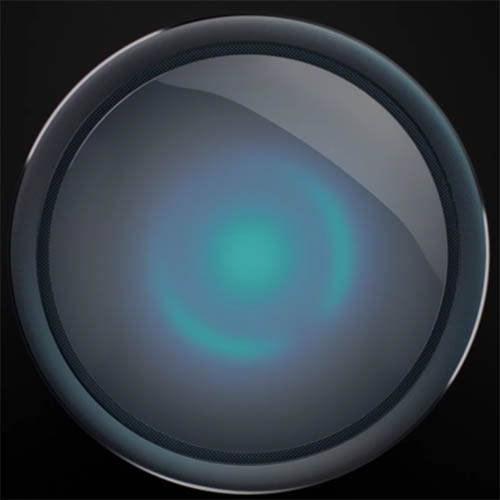Microsoft enters the smart speaker market
Microsoft has released details of its first voice-controlled smart speaker – aimed fairly and squarely at the Amazon Echo.
The speaker is made by audio manufacturer Harman Kardon, and features Microsoft’s voice assistant Cortana, which currently features on its smartphones and laptops.
Harman Kardon’s parent company is currently in the process of being taken over by Samsung, which is working on a voice assistant of its own called Viv – developed by the creators of Apple’s Siri.
A Microsoft video shows a speaker similar to the design of the Amazon Echo, but the US giant will also face competition from Google’s Home speaker.
The product is expected to be released next year.
Commenting on this development, Simon Bryant, associate director for consumer electronics at technology analyst Futuresource, said: “Harman Kardon with Microsoft’s Cortana VPA (Voice Personal Assistant) is the latest product to be announced in the VPA speaker category.

“Audio hardware vendors and VPA vendors (such as Amazon, Google, Microsoft, Apple, Baidu, and iFlytech) are furiously seeking position within this category since Amazon’s runaway success. To give you some context to Amazon’s success, after a little over one year in the market, Amazon captured almost 16 per cent of revenues in the US home audio market in Q3 (this was Amazon’s only market in Q3), after market leader Bose and ahead of heavyweights Sonos, Harman, and Sony. Amazon has made great strides so far, Google and Microsoft and traditional audio vendors (including apple with Siri and Beats) should add momentum in 2017.
“Aspects of this market have the hallmarks of – ultimately short-lived – novelty, such as asking your speaker to tell you a joke or certain online shopping tasks – when generally it would be much easier to use your phone. However, aspects of the technology appear to be proving popular with consumers and are driving multiple ownership among existing owners and wider adoption among consumers. Voice control is popular for performing very basic commands, such as playing a radio station or a particular song or playlist, or setting a timer. The fact that it’s hands-free (and phone-free) – is particularly useful when multitasking. For anything more than the most basic commands, voice has obvious limitations, for example browsing for content or products when online shopping.”

Mr Bryant added: “Our consumer research shows that controlling media is by far the most popular application for using Alexa, despite the fact consumers buy the device with the intentions of doing much more, such as online shopping.”
He concluded: “As the platforms improve in terms of speech recognition and response speed, and they become compatible with more devices (STBs, soundbars, TVs, cars, etc.), as well as more content and services in the ‘cloud’, we expect applications for voice to diversify and become rooted.
“We expect almost half-a-million voice-enabled speakers to sell in the UK this Christmas.”
- See comments on future tech trends from Gekko’s Daniel Todaro and a separate comment piece by Futuresource’s Simon Bryant


